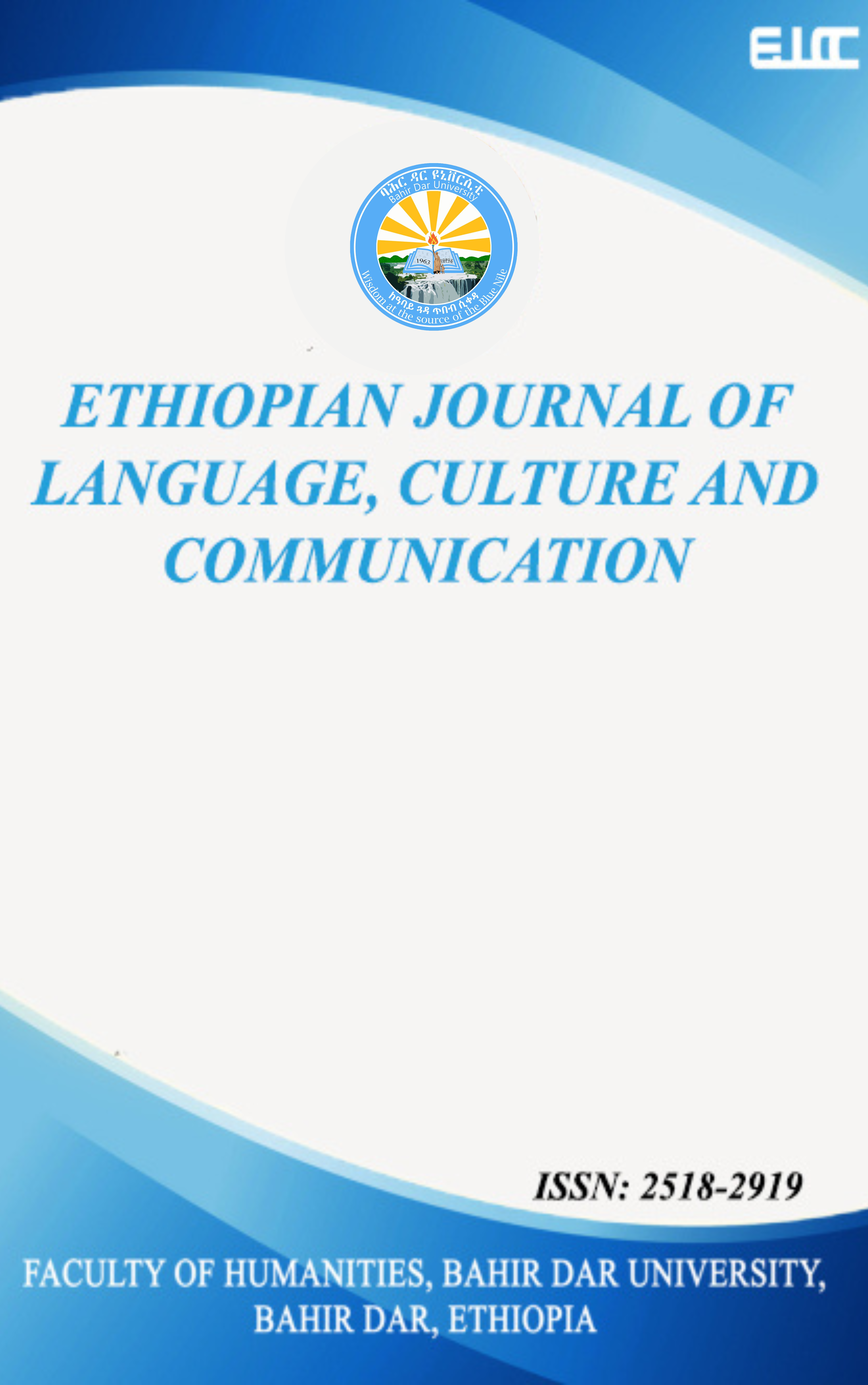Indigenous knowledge practices in danger of extinction due to cultural and environmental changes: the case of Gojjam, Amhara region
Abstract
Indigenous knowledge has become a popular term throughout the world, referring to the knowledge that indigenous people inherit from their ancestors, most often through oral traditions. It is known as the pinnacle of modern society, particularly in the arts, medicine and conservation. Meanwhile, indigenous knowledge practices are stereotypically labeled as backward and superstitious because of which they face endangerment and eventual extinction. This paper is a case study and explores the indigenous knowledge practices that are endangered at different levels, mainly because of environmental and cultural changes. The changes in people’s ways of life and the unfavorable attitude of the younger generation toward local products have contributed to the decline of indigenous knowledge practices. Plastic products that are flooding the market throughout the country, urban and rural, have played a major role in the endangerment of the harmless, durable, and culturally and aesthetically valuable local products. In the same way that indigenous peoples and indigenous knowledge are connected, so are indigenous peoples and their indigenous languages. This paper also examines the youth language, which is believed to be deprived of words and concepts that are strongly tied to local knowledge systems. The author argues that well-managed indigenous knowledge practices leveraged with scientific knowledge can immensely contribute to realizing sustainable development by empowering local communities. It is therefore critical that indigenous peoples and policymakers work together to revitalize useful indigenous knowledge practices so that they can be passed down to future generations. The study was carried out in Finote-Selam and the surrounding areas in West Gojjam, Ethiopia.
References
NA
Copyright (c) 2024 Author(s)

This work is licensed under a Creative Commons Attribution-NonCommercial 4.0 International License.
Authors who publish with this journal agree to the following terms:
- Authors retain copyright and grant the journal right of first publication with the work simultaneously licensed under a Creative Commons Attribution License that allows others to share the work with an acknowledgement of the work's authorship and initial publication in this journal.
- Authors are able to enter into separate, additional contractual arrangements for the non-exclusive distribution of the journal's published version of the work (e.g., post it to an institutional repository or publish it in a book), with an acknowledgement of its initial publication in this journal.
- Authors are permitted and encouraged to post their work online (e.g., in institutional repositories or on their website) prior to and during the submission process, as it can lead to productive exchanges, as well as earlier and greater citation of published work (See The Effect of Open Access).


